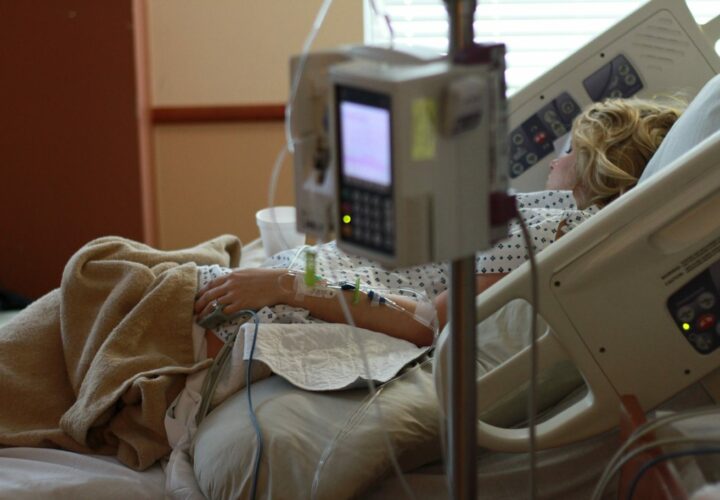ACADIA Pharmaceuticals presented its success in treating dementia-related delusions and hallucinations with the drug pimavanserin.
nA highly anticipated Alzheimer’s conference opened here last night with reports about a powerful new drug for treating dementia-related delusions. ACADIA Pharmaceuticals presented its success in treating dementia-related delusions and hallucinations with the drug pimavanserin.
Scientists believe that about 30 percent of the millions of people living with dementia experience delusions and hallucinations that can lead to repeated hospitalizations, increased likelihood of being moved into nursing homes and, ultimately, quicker progression of dementia. No drug is currently approved by the FDA for treating dementia-related psychosis.
Dr. Erin Foff, senior director of Clinical Research at ACADIA, reported that pimavanserin showed very strong results in controlling dementia-related psychosis during a phase 3 clinical trial that enrolled 392 patients.
In fact, the trial showed such strong success that the company ended it early because of ethical concerns about giving patients a placebo when the trial drug was showing such promising results.
“The take-home here is that pimavanserin significantly reduced the risk of relapse by almost three fold,” Foff said, adding that “more than double” the patients who received a placebo during the trial had a relapse into psychosis when compared to those who received the drug.
Pimavanserin, which is sold under the brand name Nuplazid, is currently approved for the treatment of Parkinson’s disease psychosis. In addition to dementia-related hallucinations and delusion, ACADIA is researching its ability to treat schizophrenia, agitation and major depressive disorder.
Maria C. Carrillo, the Alzheimer’s Association chief science officer, welcomed the report.
“There is an urgent need for more tools for clinicians to provide better care/treatment for people living with Alzheimer’s,” she said.
“Psychosis poses a great challenge for people with dementia and their caregivers,” Carrillo said, adding that the association will carefully monitor the company’s discussions with the FDA as it seeks approval to market the drug for dementia-related hallucinations and delusions.
“While the memory and thinking changes brought on by the disease are the best known symptoms, agitation, aggression, sleep disturbances and other behavior changes can often be the most distressing and hard-to-care-for aspects for family caregivers,” Carrillo said.





